MRI
-

Alzheimer’s risk gene in younger adults
A genetic risk factor for Alzheimer’s disease in later life appears to benefit younger adults as they age. Read MoreJun 2, 2016
-
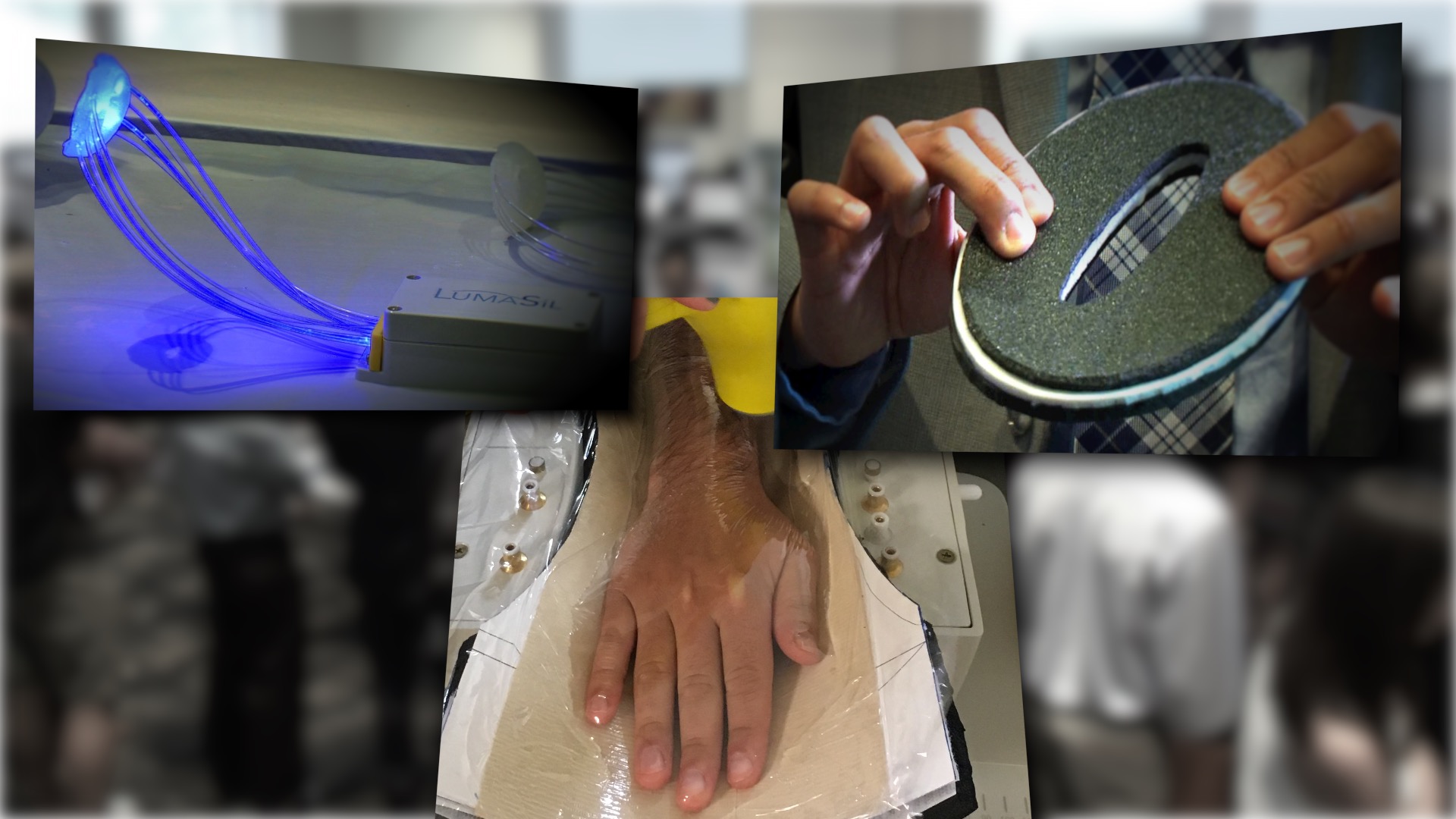
Engineering students design low-cost health care devices
How about shrink wrapping your hand to have an MRI? Or having a light in a cast to help heal diabetic foot ulcers? These are just some of the devices developed by Vanderbilt engineering students for Design Day 2016. Read MoreMay 6, 2016
-

Using MRI to assess myelin health
Vanderbilt investigators report an improved model for estimating brain health, using MRI. Read MoreJan 25, 2016
-
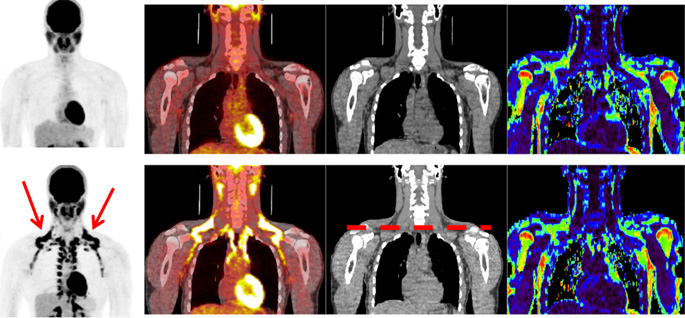
Grant to spur study of ‘brown fat’s’ metabolic mysteries
Vanderbilt researchers have received a $2.15 million grant to study the amount and activity of “brown fat” in adults, with the aim of understanding its role in metabolic disease and identifying new therapeutic targets. Read MoreJun 25, 2015
-
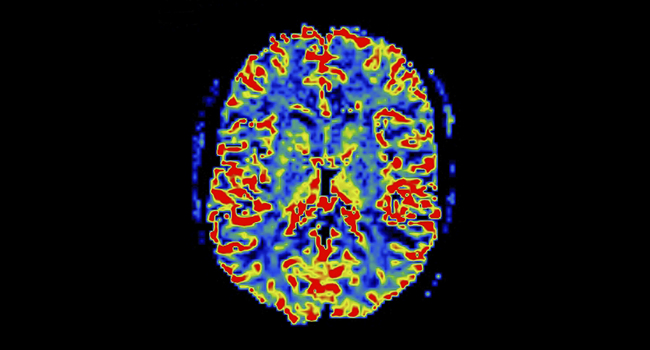
A view of brain function in disease
Vanderbilt investigators report the first use of a specialized type of MRI to study the hippocampus in patients with schizophrenia. Read MoreJun 16, 2015
-

‘White matter’ behaves differently in children with dyslexia
Trans-institutional neuroimaging research at Vanderbilt finds that the brain may be structured differently in children with dyslexia. Read MoreOct 29, 2014
-

Imaging guides Alzheimer gene search
Using imaging data, Vanderbilt researchers discovered an association between a gene pair and brain changes in Alzheimer’s disease. Read MoreFeb 28, 2014
-

Autism narrows brain’s reward response
MRI brain scans reveal that children with autism spectrum disorders respond to a narrower range of familiar rewards. Read MoreNov 27, 2013
-
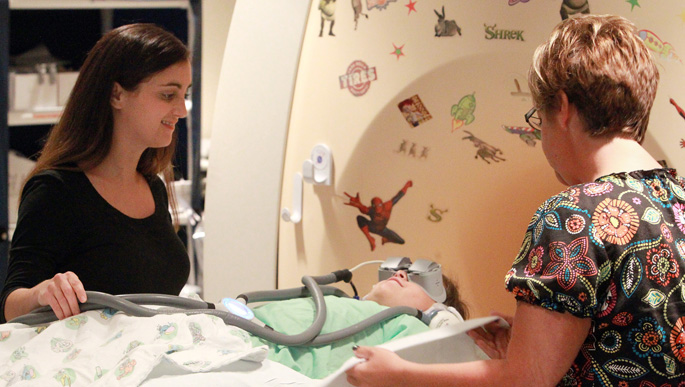
Program helps children complete MRIs sedation-free
Natalie Ortiz is a typical six-year-old first grader — happy, active and fidgety — the kind of patient often sedated for a lengthy Magnetic Resonance Imaging (MRI) scan. Read MoreOct 31, 2013
-
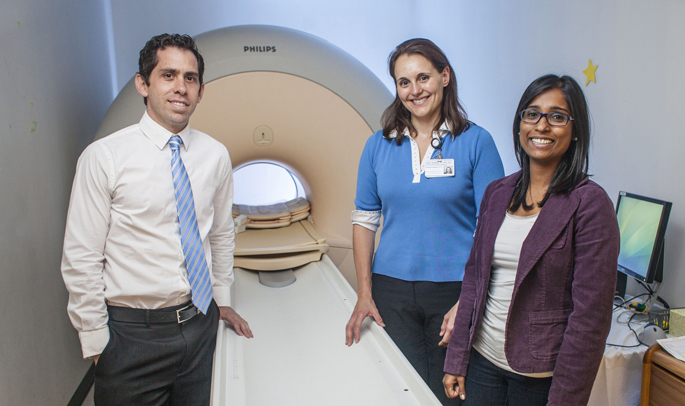
MRI used as new tool in predicting lymphedema risk
A new Vanderbilt study is the first to use magnetic resonance imaging (MRI) to noninvasively measure lymphatic flow. Read MoreSep 12, 2013
-

Methods for imaging myelin loss
Certain MRI metrics can be used to assess myelin loss in multiple sclerosis, which is important for planning and monitoring therapy. Read MoreJul 12, 2013
-
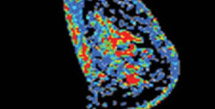
Predicting cancer’s response to therapy
Researchers are developing imaging methods to predict patient outcome early in the course of chemotherapy for breast cancer – to allow clinicians to adjust therapy for patients who are not responding. Read MoreJun 24, 2013
-
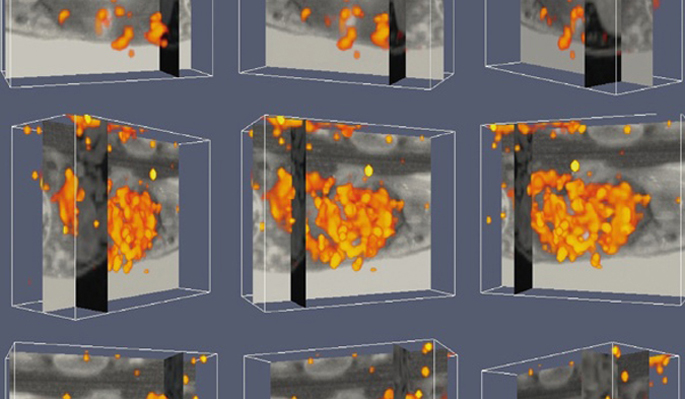
Team creates new view of body’s infection response
A new 3-D view of the body’s response to infection — and the ability to identify proteins involved in the response — could point to novel biomarkers and therapeutic agents for infectious diseases. Read MoreAug 9, 2012
-

Breakdown of white-matter pathways affects decisionmaking as we age
A brain-mapping study has found that people's ability to make decisions in novel situations decreases with age and is associated with a reduction in the integrity of two specific white-matter pathways. Read MoreApr 11, 2012
-
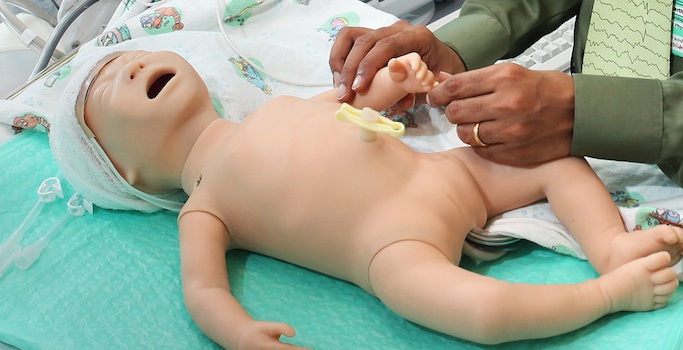
Switch to cooling blanket spurs new infant brain research
Using a cooling blanket with newborns who have suffered from oxygen deprivation allows researchers to study what is happening in the brain and what brain cooling therapy can achieve. Read MoreFeb 24, 2012
-
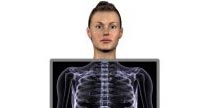
A better picture of bone strength
A component of some MRI scans reveals that "soft" components, like collagen and collagen-bound water, are important players in bone strength. Read MoreMar 2, 2011